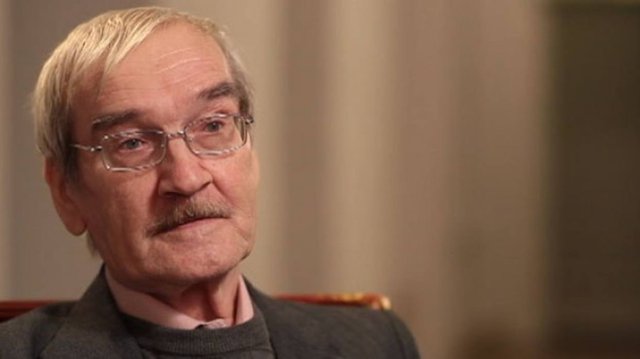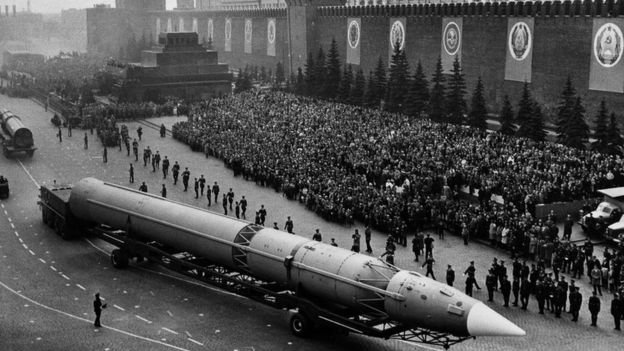Stanislav Petrov, the man who saved the world from nuclear war
At a turning point, the Soviet military interpreted a nuclear attack alarm as a system failure...

The man who received credit for avoiding a possible nuclear disaster at one of the hottest points of the Cold War died at age 77.
Stanislav, whose extraordinary story was told in the documentary "The Man Who Saved the World," lived in a small town on the outskirts of Moscow and died relatively secretly on 19 May.
But the news of his death has just been made public, thanks to a casual phone call.
German film director Karl Schumacher, who took the story of the Soviet official to the international audience, called him to wish him a happy birthday on September 7. He was then informed by his son, Dmitry Petrov, that he had died.
Schumacher released the news on the internet and from there came to the media.
Petrov was an officer of the Soviet army in an early warning center.
One morning in September 1983, the center's computers detected the launch of US missiles.
Petrov made the decision that it was a false alarm and, in a negligence in the performance of duty, did not report it to the superiors.
This action, which became known years later, possibly saved the world from nuclear war. The protocol for the Soviet Army would have been to retaliate with a nuclear attack.
The day that a nuclear war could be triggered
In an interview with the BBC in 2013, 30 years after the incident, Petrov recounted what happened in the early hours of September 26, 1983.

The reports he received on his computer suggested that several US missiles had been launched.
"I had all the data (to suggest that there was a missile attack going on.) If I had sent my report to the chain of command, no one would have said anything against it," he told the BBC.
"All I had to do was reach for the phone to call the hotline, but I could not move. I felt like I was sitting in a hot pan."
The protocol said, very clearly, that the decision had to be based on the readings of the computer. And that decision was up to him, the officer on duty.
Petrov was part of a well-trained team serving one of the Soviet Union's early warning bases.
He was the only officer on his team who had received a civil education. "My colleagues were professional soldiers, they were taught to give and obey orders," he said.
In his opinion, if someone else had been on the turn, the alarm would have been thrown. Although the nature of the alert seemed very clear, Petrov had some doubts.
What made him suspicious was how strong and clear the alert was. "There were 28 or 29 levels of security." After the target was identified, it had to pass all those "checkpoints." I was not really sure that was possible under those circumstances, "he said in 2013.
Instead of reporting it to his superiors, Petrov called the officer on duty at Soviet Army headquarters and reported a flaw in the system.
If he had been wrong, the first nuclear explosion would have happened minutes later.
"Twenty-three minutes later I realized that nothing had happened, if there had been a real attack, then I would have known it. It was a great relief," he told the BBC.
Further investigation concluded that Soviet satellites had mistakenly identified sunlight reflecting in the clouds as intercontinental ballistic missile engines.
He did not consider himself a hero
Petrov remained silent for 10 years, until after the collapse of the USSR the story became known.
"I thought it was a shame for the Soviet army that our system would fail that way," he said in the interview with the BBC.
Petrov received several international awards and was honored at the United Nations, but never considered a hero. "That was my job," he told the BBC.
"He was always surprised when people considered him a hero," said his son, Dmitry, adding that his father received hundreds of letters from all corners of Europe thanking him for what he had done.
"He categorically refused to be the one to blame for starting World War III," Petrov said in the 2014 documentary "The Man Who Saved the World."
"I felt like I was being taken to an execution," he added on those dramatic moments.